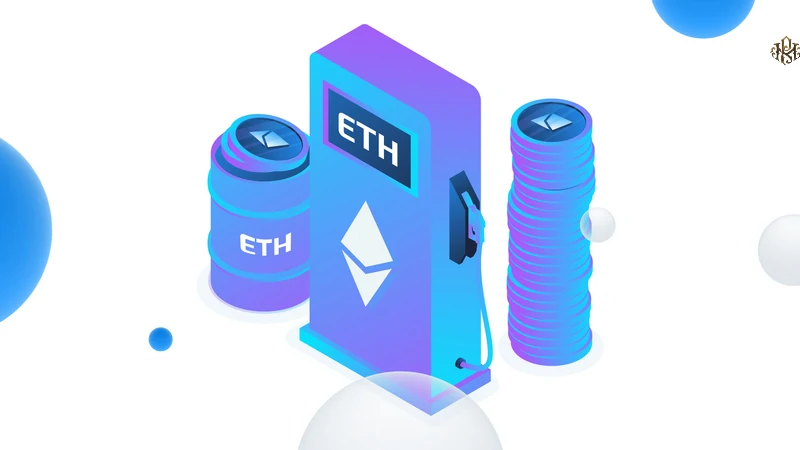
Close



Gas in Ethereum refers to the cost that is needed to perform operations and calculations in the Ethereum network. These fees are used to compensate for the resources required to execute transactions, execute smart contracts, and make ongoing changes to the Ethereum blockchain.
In Ethereum, some amount of gas has to be paid for transactions that are done as payments or smart contracts. The amount of gas required for each transaction or operation is different and depends on the computing power required to do it. Determining the amount of gas for a transaction is done using a method called “Gwei”, which is a unit smaller than Ether.
The purpose of using gas in Ethereum is to prevent DDOS attacks and aimless research. By considering a cost to execute the operation, attackers are forced to pay a fee for each operation, and this can be applied as a limit to the number of transactions and operations.
Therefore, gas is an important element in the Ethereum network, which is necessary to perform transactions and smart contracts, and has a role to control and limit inappropriate activities in the network.
Gas is used as a spending unit in Ethereum. The amount of gas required for each transaction or operation is determined by the sender. The sender can choose the amount of gas to specify the percentage of Ether (ETH) they want to pay as a fee.
The basis for calculating the transaction cost in Ethereum includes two factors: “Gas Limit” and “Gas Price”. The gas limit indicates how much computational resources (such as processing time and memory) should be allocated to a transaction. The price of gas indicates how much each unit of gas is worth (usually measured in Gwei).
The final cost of a transaction in Ethereum is equal to the gas limit multiplied by the gas price. For example, if the gas limit is 100,000 and the gas price is 20 Gwei, the final transaction fee will be 2,000,000 Gwei (or 0.002 ETH).
The amount of gas cost for each transaction is variable and changes for various reasons, including the complexity of the operation and the traffic flow in the Ethereum network. If the sender does not pay the appropriate fee, the transaction may be suspended or declined.
You can use relevant websites and services such as Etherscan or GasTracker to view current gas costs on the Ethereum network and forecast transactions.
The gas limit is determined as a unit called “Gas”. Every operation in Ethereum, such as transferring ether, executing a smart contract or changing the state of the blockchain, consumes some amount of computing resources. These resources include processing time, memory and other resources necessary to execute operations.

What is Gas in Ethereum?
The sender of the transaction is able to determine the gas price. As the price of gas increases, miners will be willing to include the transaction in their block because it will reward them more. As a result, a transaction with a higher gas price usually executes faster. But the final cost of the transaction will be equal to the product of gas price and gas limit.
To choose the right price of gas, you must have a balance between the speed of execution and the cost of payment. If the gas price is too low, the transaction may take longer and may even be suspended. On the other hand, high gas prices will cost you more.
Finally, the total transaction cost is equal to the product of gas price and gas limit. This fee is calculated based on ETH (Ether) units